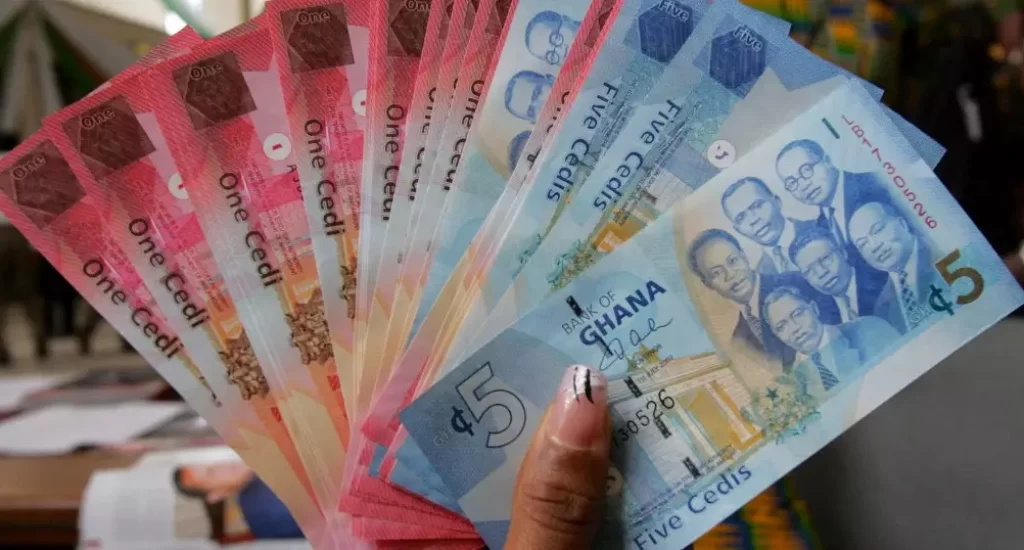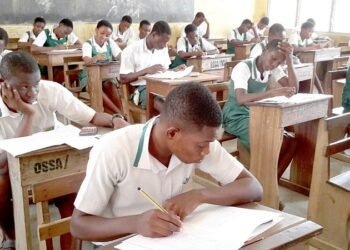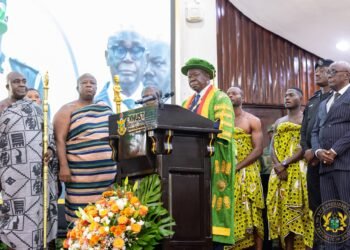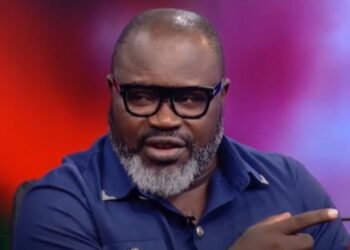Dr. John Kwakye, the Director of Research at the Institute of Economic Affairs (IEA), has expressed that it would not be unexpected to see the cedi stabilize in the last 24 days leading up to the election.
He indicated that this event will be particularly due to intentional interventions by the Bank of Ghana (BoG).
He explained that such actions by the central bank are often aimed at influencing the currency’s performance in the short term.
However, Dr. Kwakye also raised significant concerns about the sustainability of this stability, questioning whether the measures taken by the BoG would be sufficient to maintain the cedi’s strength in the long run, especially after the election period.
“Just as some few roads are being patched, the cedi is most likely to see some stability in the last 24 days to the election. Elections are almost invariably a judgment on the incumbent administration [and] its record”.
Dr. John Kwakye
Dr. Kwakye further emphasized the importance of choosing leaders who do not prioritize borrowing as a solution to the country’s economic challenges.

He urged Ghanaians to reject leaders with a mindset focused on accumulating debt, as this approach could undermine the nation’s long-term economic stability.
Instead, he called for the public to support leaders who are dedicated to leveraging Ghana’s vast natural resource wealth, ensuring that the country takes full ownership and control of these resources.
According to Dr. Kwakye, such leaders would be committed to sustainable economic policies that prioritize the country’s self-sufficiency and long-term prosperity, rather than short-term fixes reliant on external borrowing.
Six Key Factors Shaping the 2024 Elections
Furthermore, Dr. John Kwakye highlighted that six critical factors are expected to play a decisive role in shaping the outcome of the December 7 election.
These include the state of the economy, which remains a central concern for many voters; and the ongoing issue of galamsey (illegal mining), which has significant environmental and social implications.
He also indicated that the pervasive challenges of corruption, that continue to affect public trust in government, will be a central factor in the elections.
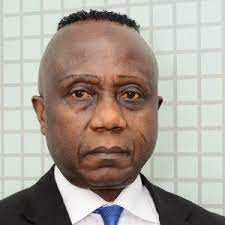
Additionally, Dr. Kwakye noted that issues such as nepotism and cronyism, which often influence appointments and policies, will also be important to voters.
The LGBTQ+ debate, which has sparked widespread discussions and controversy, is another factor that will impact the election.
According to him, the future of the Free Senior High School policy, a major educational initiative, will be a key consideration for many citizens, especially parents and students.
“Ghanaians must reject leaders with a borrowing mindset. We have enough resources here at home. We don’t need to go out and borrow. Ghana doesn’t need aid or reparation.
“Let’s just take ownership of what is ours. Any politician thinking about aid and reparation to develop Ghana must be rejected…at the polls”.
Dr. John Kwakye
Dr. Kwakye emphasized that Ghanaians should only support leaders who are truly committed to enabling the country to fully capitalize on its vast natural resource wealth.
He stressed that Ghana must have leaders who are focused on sustainable and strategic management of these resources, ensuring that they contribute to long-term economic growth and national development.
Such leaders, according to Dr. Kwakye, should prioritize policies that promote the responsible and efficient use of natural resources, while ensuring that the benefits are widely shared across the population.
This approach, he argued, would allow Ghana to move away from dependence on external aid and borrowing, and instead build a prosperous future based on its own rich natural resources.
Meanwhile, both major contenders in the 2024 presidential election continue to assert that economic management and other aspects of the country have prospered under their respective NPP and NDC administrations, each urging voters to support them.

